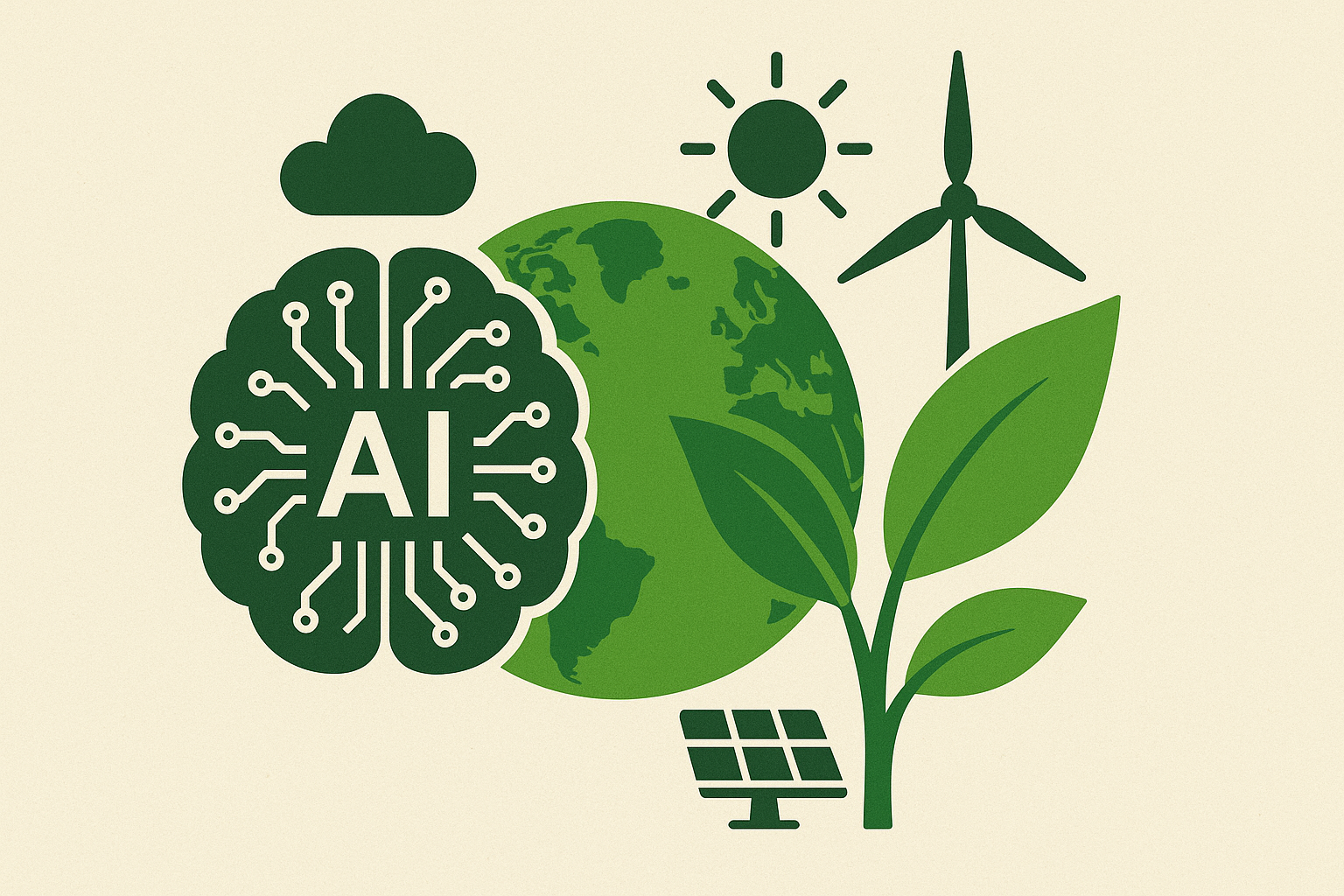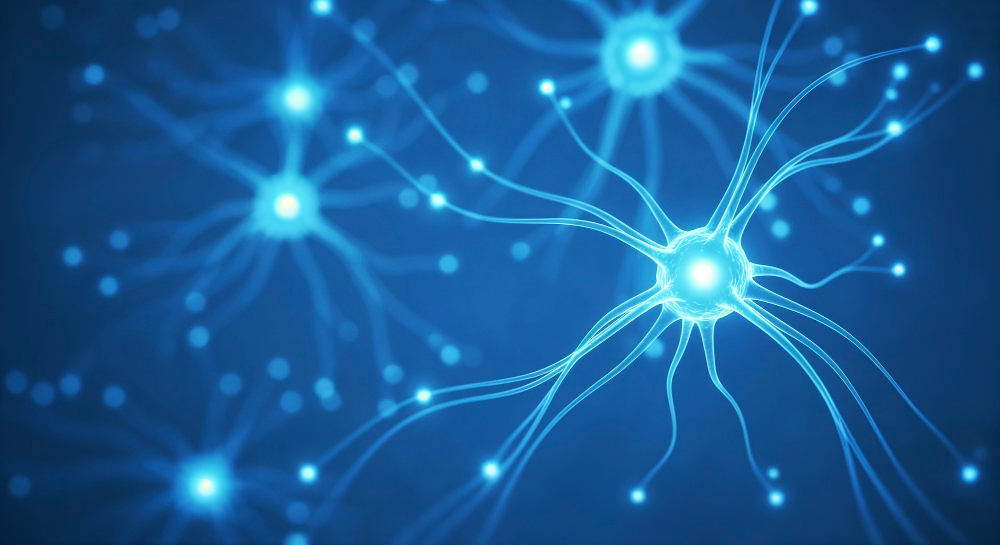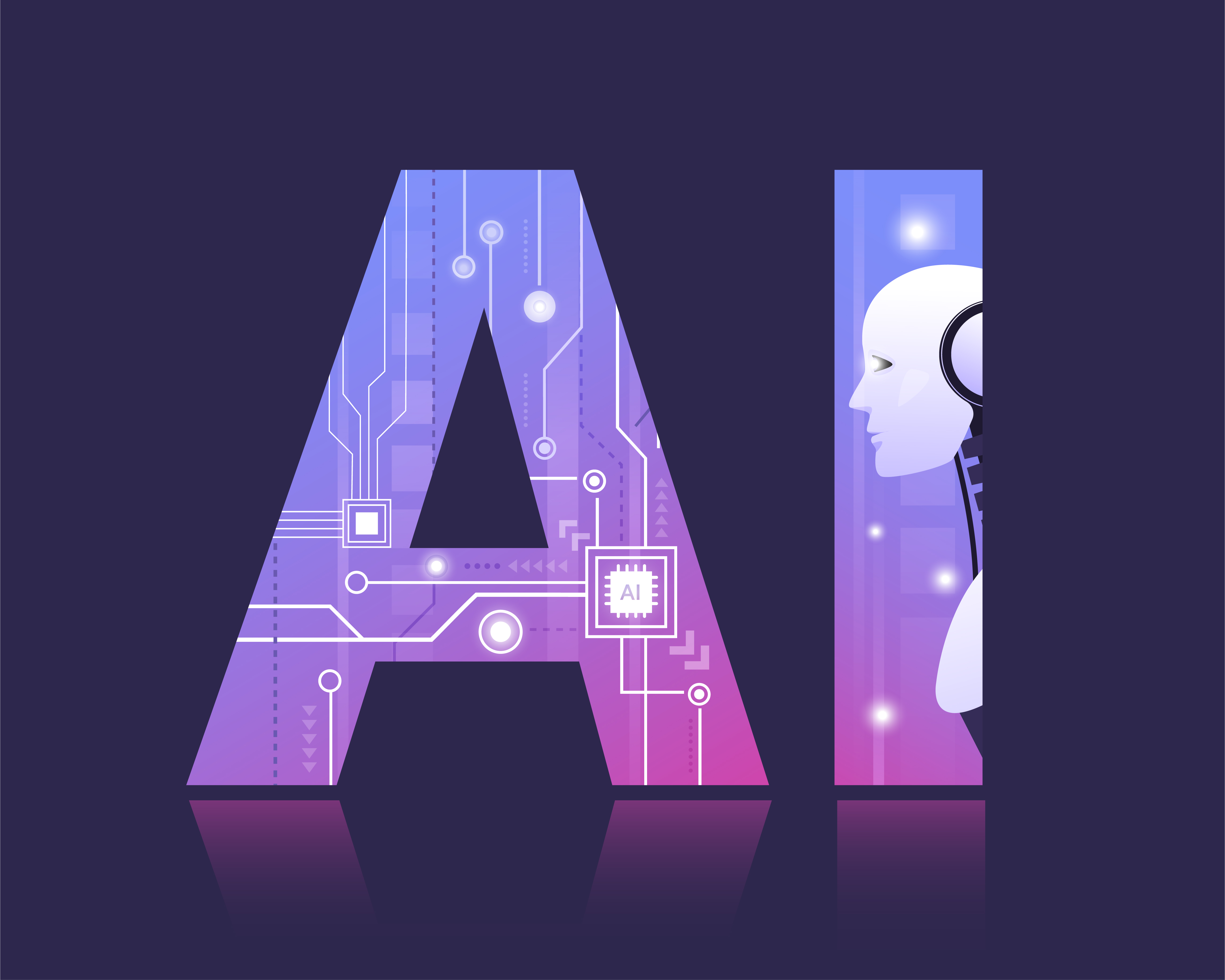Agentic AI has entered a new phase as companies rely on specialised systems instead of broad, one-size-fits-all models.
Open-source foundations, such as NVIDIA’s Neuron family, now allow organisations to combine internal knowledge with tailored architectures, leading to agents that understand the precise demands of each workflow.
Firms across cybersecurity, payments and semiconductor engineering are beginning to treat specialisation as the route to genuine operational value.
CrowdStrike is utilising Nemotron and NVIDIA NIM microservices to enhance its Agentic Security Platform, which supports teams by handling high-volume tasks such as alert triage and remediation.
Accuracy has risen from 80 to 98.5 percent, reducing manual effort tenfold and helping analysts manage complex threats with greater speed.
PayPal has taken a similar path by building commerce-focused agents that enable conversational shopping and payments, cutting latency nearly in half while maintaining the precision required across its global network of customers and merchants.
Synopsys is deploying agentic AI throughout chip design workflows by pairing open models with NVIDIA’s accelerated infrastructure. Early trials in formal verification show productivity improvements of 72 percent, offering engineers a faster route to identifying design errors.
The company is blending fine-tuned models with tools such as the NeMo Agent Toolkit and Blueprints to embed agentic support at every stage of development.
Across industries, strategic steps are becoming clear. Organisations begin by evaluating open models before curating and securing domain-specific data and then building agents capable of acting on proprietary information.
Continuous refinement through a data flywheel strengthens long-term performance.
NVIDIA aims to support the shift by promoting Nemotron, NeMo and its broader software ecosystem as the foundation for the next generation of specialised enterprise agents.
Would you like to learn more about AI, tech and digital diplomacy? If so, ask our Diplo chatbot!










